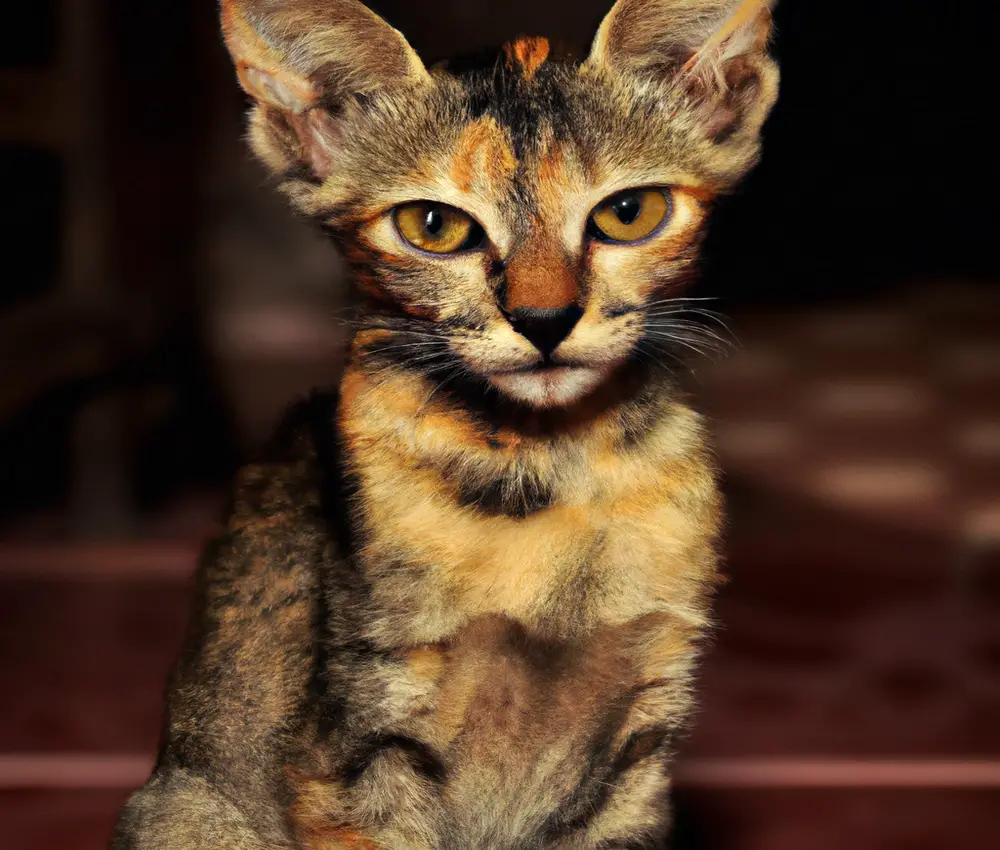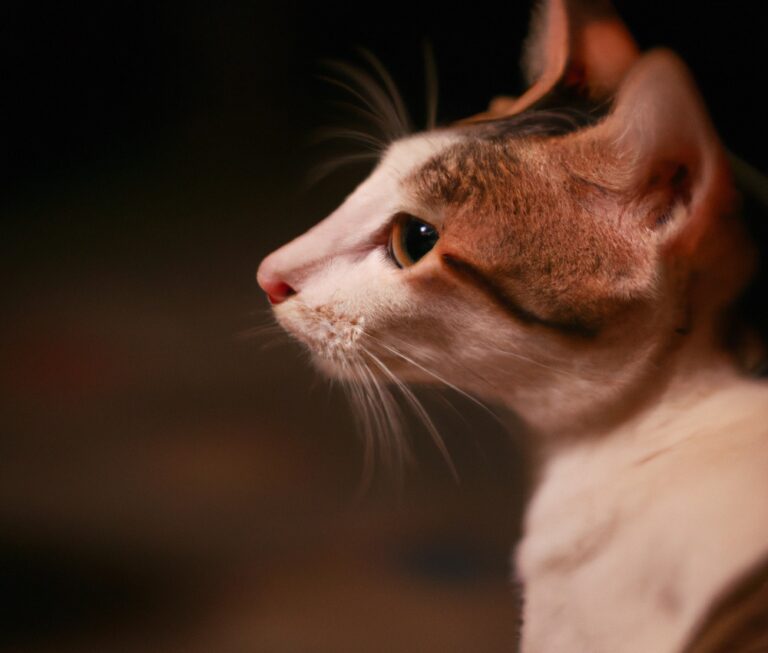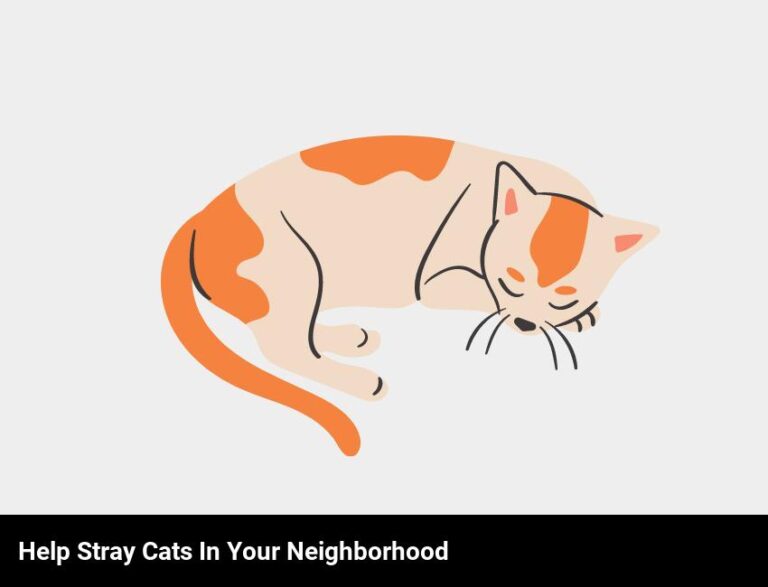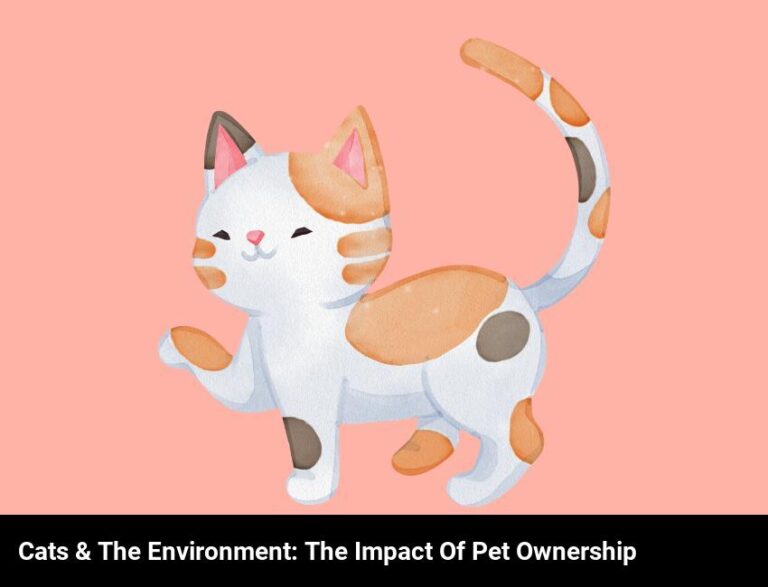Can I Give My Cat a Japanese Name?
Key Takeaways:
- It is perfectly fine to give your cat a Japanese name.
- Choosing a Japanese name for your cat can be a unique and meaningful choice.
- Consider the meaning and cultural significance of the name before deciding.
- Research traditional Japanese cat names for inspiration and to ensure accuracy.
Have you ever wondered if you can give your cat a Japanese name?
Well, let me tell you, the answer is a resounding yes! And not only can you do it, but it can also be a fascinating way to connect with your feline friend on a deeper level.
Choosing the right name for your cat is crucial, as it reflects their personality and helps establish a bond between the two of you.
In this article, we will unravel the rich tradition of naming cats in Japan, explore popular Japanese cat names, and give you some tips on finding the perfect Japanese name for your furry companion.
So, let’s dive into the captivating world of Japanese cat names!
| Question | Answer |
| Can I give my cat a Japanese name? | Yes, you can give your cat a Japanese name. |
| Common Japanese cat names | 1. Sakura (cherry blossom) 2. Hana (flower) 3. Momo (peach) 4. Kuro (black) 5. Neko (cat) 6. Yuki (snow) |
| Things to consider | 1. Cultural Appropriation: Be respectful of Japanese culture. 2. Pronunciation: Choose a name that is easy to pronounce for you and your cat. 3. Meaning: Consider the meaning behind the name you choose. 4. Personal Preference: Ultimately, choose a name that you and your cat both like. |
Importance of Choosing the Right Name for Your Cat
Choosing the right name for your cat is important for their identity and to reflect their unique personality.
Reflecting Your Cat’s Personality and Characteristics in Their Name
Reflecting your cat’s personality and characteristics in their name is a great way to give them a unique and fitting identity. When choosing a name, consider their temperament, appearance, and behavior.
Do they have a playful nature?
A name like “Whiskers” could be a good fit. Are they regal and elegant?
“Luna” or “Oliver” might suit them.
Think about their traits and find a name that reflects their individuality. Let their name be a reflection of who they are!
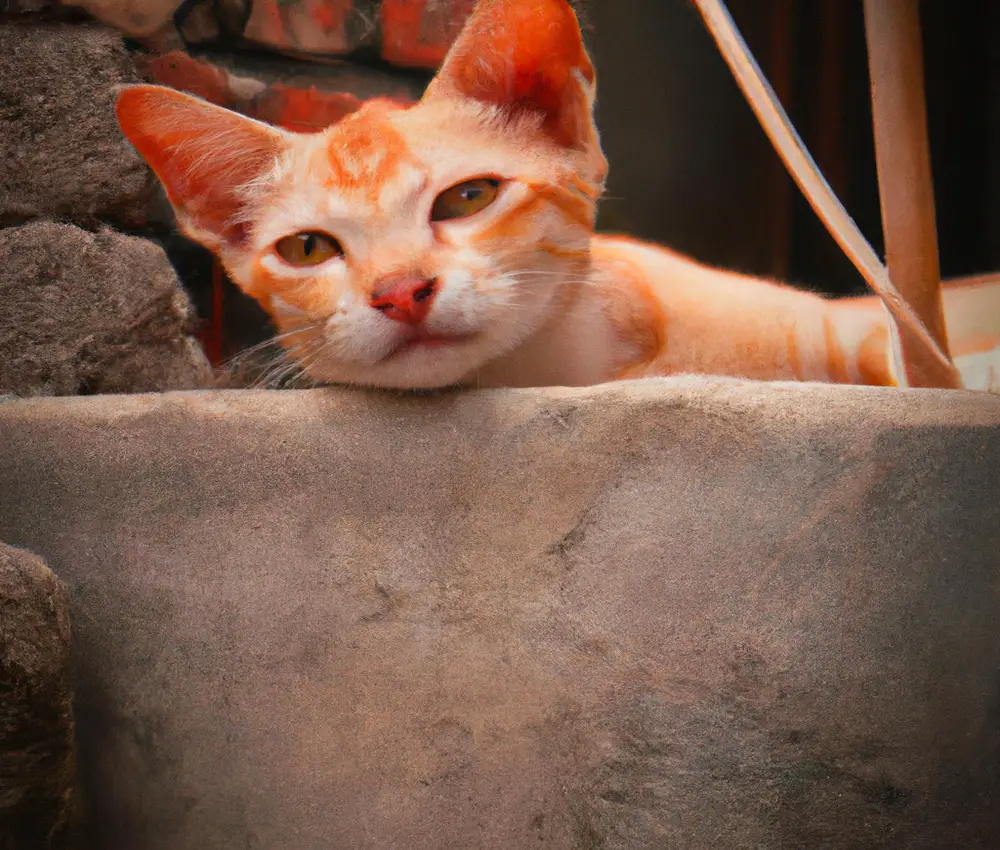
Establishing a Bond with Your Cat through Their Name
Establishing a bond with your cat through their name is essential.
A name helps create a sense of identity and connection.
Here are a few ways a cat’s name can help foster a strong bond:
- Recognition: When you call your cat by their name, they learn to recognize and respond to it. This establishes a level of trust and understanding between you and your feline friend.
- Communication: A cat’s name serves as a means of communication. They learn to associate certain sounds with your affection, attention, or calls for them to come to you. It becomes an effective way to interact and engage with your cat.
- Positive associations: By choosing a name that has a pleasant and positive meaning, you can evoke positive emotions in your cat. Associating their name with treats, praise, or playtime can further strengthen the bond.
- Personalization: Giving your cat a unique name helps to create a special bond. It shows that you value their individuality and uniqueness, which can enhance the emotional connection between you and your feline companion.
So, when choosing a name for your cat, consider one that resonates with you and your pet.
It should be easy to pronounce, suit their personality, and allow for a loving and lasting bond.
Understanding the Japanese Culture and its Influence on Cat Names
Japanese culture heavily influences the naming of cats, reflecting the country’s rich traditions and values.
Exploring the Rich Tradition of Naming Cats in Japan
In Japan, naming cats is a cherished tradition that reflects the country’s rich culture. Cats are highly regarded and are often given names that signify their personality traits, appearance, or even their role in Japanese folklore.
Some popular cat names include “Tora” (meaning tiger), “Momo” (meaning peach), and “Hime” (meaning princess).
There is even a special category of names called “Yoji-jukugo,” which are four-character compound names that carry deep meanings. So, if you’re considering giving your cat a Japanese name, you can explore this fascinating tradition for inspiration.
Borrowing Japanese Words and Meanings for Cat Names
Borrowing Japanese words and meanings for cat names can be a unique and fun way to give your feline friend a special and meaningful name. Here are a few considerations to keep in mind:
- Beautiful Japanese words: Japan has a rich culture and language, offering a wide range of beautiful words that can make great cat names. For example, “Hoshi” means star, “Sakura” refers to cherry blossoms, and “Momo” means peach.
- Famous Japanese characters: Japanese pop culture has produced many famous characters that can serve as inspiration for cat names. From anime and manga series like “Totoro” and “Sailor Moon” to historical figures like “Ninja” and “Samurai,” the options are endless.
- Concepts and meanings: Japanese words often carry profound meanings, making them perfect for cat names. For instance, “Harmony” can be translated as “Wa,” “Eternal” as “Eien,” and “Graceful” as “Miyabi.”
- Word combinations: You can also combine Japanese words or elements to create unique cat names. For example, “Kaze” means wind, and “Hana” means flower. Combining them gives you the name “Kazehana,” which can represent a lively and vibrant feline.
Is It Appropriate to Give Your Cat a Japanese Name?
Giving your cat a Japanese name can be appropriate, but you need to consider cultural appropriation and show respect.
Considering Cultural Appropriation and Respect
Considering Cultural Appropriation and Respect Cultural appropriation refers to the adoption or use of elements from a culture that is not your own, often without understanding or respecting its significance.
When it comes to naming your cat, it’s important to consider if giving them a Japanese name could be seen as appropriating or disrespecting Japanese culture.
Here are a few things to keep in mind:
- Understanding the meaning: Research the meaning behind the Japanese names you’re considering. Make sure you’re aware of any cultural or religious significance attached to them.
- Context matters: Consider the context in which you’re using the name. Is it purely for personal enjoyment or to make a statement? Be mindful of the potential implications and how others might perceive it.
- Respect and appreciation: If you do decide to give your cat a Japanese name, do so with respect and appreciation for the culture. Learn about the traditions and customs associated with the name and show genuine interest in Japanese culture.
Ultimately, it is important to be mindful of the impact our actions can have on others.
Cultural appropriation is a sensitive topic, and it’s crucial to approach it with respect and understanding.
Personal Preferences: Choosing a Name That Resonates with You
Choosing a name for your cat is a personal decision, and it’s important to choose a name that resonates with you.
Whether it’s a Japanese name or any other name, what matters is that it feels right to you.
Consider your taste, preferences, and the emotions the name evokes.
You can also think about your cat’s personality or physical traits for name inspiration.
Ultimately, the most important thing is that you love the name and it reflects the bond you have with your feline friend.
Exploring Popular Japanese Cat Names
Curious about popular Japanese cat names?
Let’s explore traditional and modern options!
Traditional Japanese Cat Names
Traditional Japanese Cat Names are an excellent choice for cat owners looking for unique and meaningful names. These names often reflect nature, mythology, or cultural aspects of Japan.
Some traditional Japanese cat names that you might consider for your feline friend include:
- Sakura (Cherry Blossom
- Hana (Flower
- Kumo (Cloud
- Momo (Peach
- Tora (Tiger
- Ryu (Dragon
- Sora (Sky
- Kaze (Wind
- Yuki (Snow
- Mochi (Sticky Rice Cake
These names not only sound beautiful but also bring a touch of Japanese culture to your cat’s identity. It’s essential to choose a name that resonates with your cat’s personality and characteristics.
So why not consider a traditional Japanese name for your beloved pet?
Modern and Trendy Japanese Cat Names
Looking for modern and trendy Japanese cat names?
Here are a few popular options:
- Sakura – Meaning “cherry blossom,” this name is feminine and elegant.
- Hiro – A unisex name meaning “abundant” or “generous.”
- Koji – A unique name meaning “little one” or “second-born.”
- Ren – A short and sweet name meaning “water lily.”
- Sora – This unisex name means “sky” and is perfect for adventurous cats.
These are just a few examples, but there are countless other modern and trendy Japanese cat names to choose from.
So go ahead and find the perfect name for your furry friend!
Tips for Choosing a Japanese Name for Your Cat
Choosing a Japanese name for your cat is an exciting process. Here are some tips to help you make the perfect choice.
Understanding the Meaning Behind the Name
Understanding the meaning behind a name is essential when choosing a name for your cat. Japanese names often have deep meanings rooted in culture, nature, and mythology.
Names like Sakura (cherry blossom), Hoshi (star), and Kumo (cloud) reflect beautiful aspects of the Japanese language.
Researching the meaning and symbolism of different names can help you select the perfect name that resonates with your cat’s personality and characteristics. Don’t be afraid to explore the richness of Japanese culture and find a name that truly captures the essence of your feline friend.
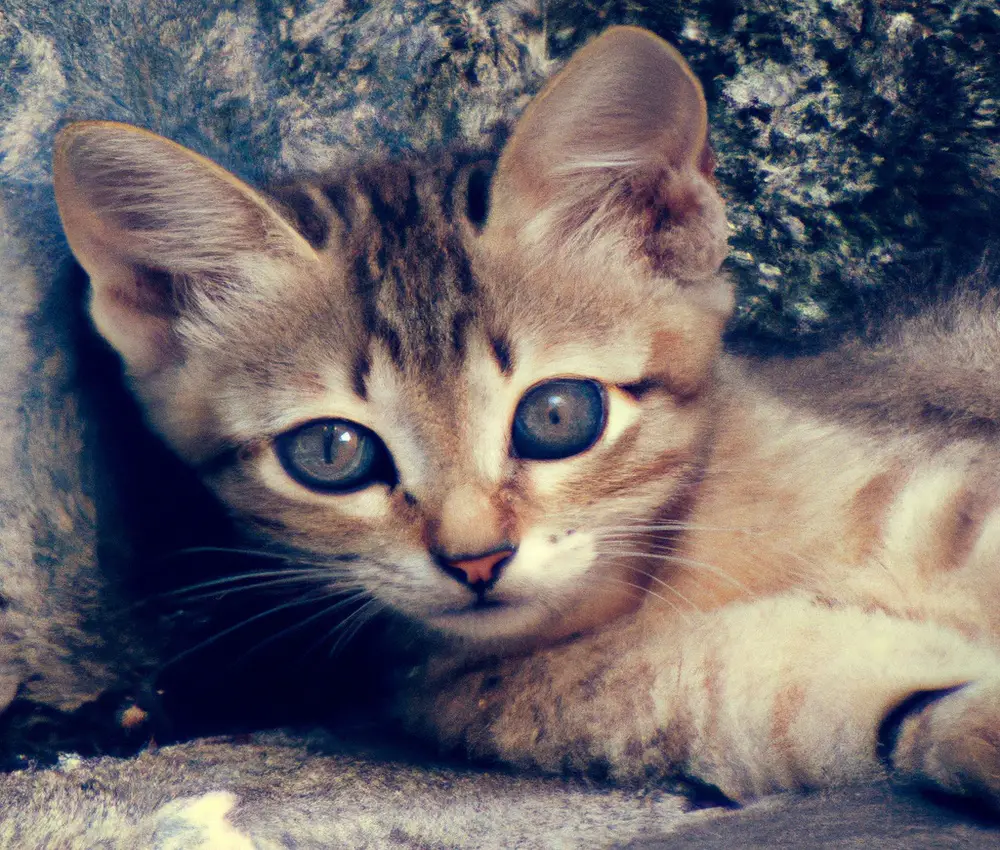
Considering the Pronunciation and Ease of Calling
Considering the Pronunciation and Ease of Calling is important when choosing a Japanese name for your cat. You want to pick a name that is easy to pronounce and call out.
Japanese names can have different sounds compared to English.
Make sure the name is not too long or complicated. Practice saying the name out loud to see if it flows easily.
Avoid names that are similar to common commands or sound like other words.
Keep it simple and easy to remember for both you and your cat.
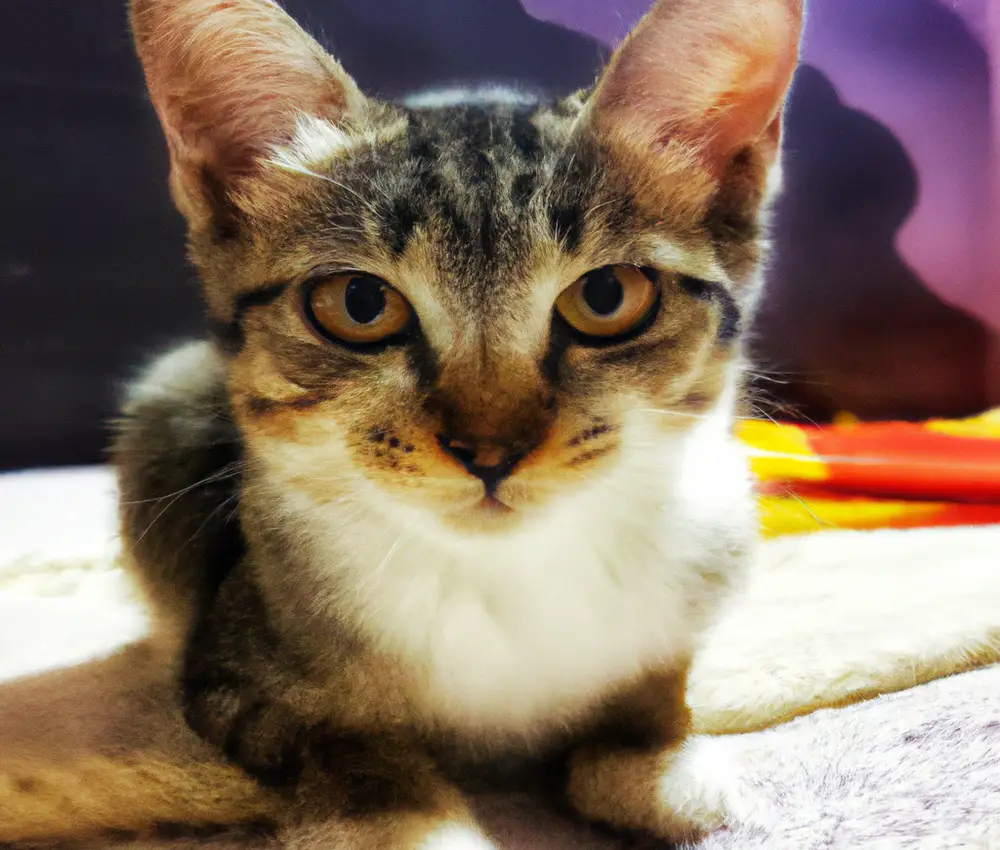
Frequently Asked Questions
Can I give my cat any Japanese name, or are there specific guidelines?
When it comes to giving your cat a Japanese name, there are some specific guidelines you should keep in mind.
Japanese names often carry cultural significance and meaning, so it’s important to choose a name that reflects that.
Avoid using random Japanese words or phrases without understanding their meaning.
Instead, focus on names that are commonly used in Japan or have connections to Japanese culture.
Incorporating elements such as nature, food, or traditional concepts can help you find a meaningful and suitable name for your feline friend.
How do I pronounce Japanese cat names correctly?
To pronounce Japanese cat names correctly, there are a few things to keep in mind. Japanese is a syllable-based language, so each syllable is pronounced separately.
Here are some tips:
- Pay attention to the vowel sounds: Japanese has five vowel sounds (a, i, u, e, o, and they are pronounced consistently. For example, “A” is pronounced as “ah,” “I” as “ee,” “U” as “oo,” “E” as “eh,” and “O” as “oh.”
- Watch out for double consonants: In Japanese, double consonants are pronounced with a slight pause. For example, “tt” is pronounced like “t” with a small pause before pronouncing the next syllable.
- Be mindful of long vowels: Japanese has long vowel sounds indicated by a line over the vowel. Long vowels are held for a longer duration compared to regular vowels. For example, “aa” is pronounced longer than “a.”
- Practice the pitch accent: Japanese has a pitch accent, where certain syllables are pronounced with a higher or lower pitch. While it might be challenging for beginners, focusing on pronunciation and listening to native speakers can help you get the hang of it.
Can I change my cat’s name later if I don’t like it?
Yes, you can change your cat’s name later if you don’t like it.
Cats are adaptable creatures, and they can learn to respond to a new name with time and patience.
Here are some tips for changing your cat’s name:
- Choose a new name that is phonetically similar to the old one. This will make the transition easier for your cat.
- Gradually introduce the new name by using it alongside the old name. For example, you can say “Fluffy, come here” instead of just “come here.”
- Reward your cat with treats or praise when they respond to the new name. Positive reinforcement will help them associate the new name with something positive.
- Be patient. It may take some time for your cat to get used to the new name, but with consistency and positive reinforcement, they will eventually respond to it.
Final Verdict
Choosing the right name for your cat is vital in establishing a strong bond and reflecting their personality. Exploring the rich tradition of naming cats in Japan offers a unique and meaningful option for your feline friend.
However, it is essential to consider cultural appropriation and respect when adopting a Japanese name.
Ultimately, your personal preference and resonance with a name should guide your decision. Whether you opt for a traditional or modern Japanese cat name, understanding the meaning and pronunciation will ensure a perfect fit.
So go ahead, embrace the beauty of Japanese names and give your cat a name that truly reflects their spirit and charm.

